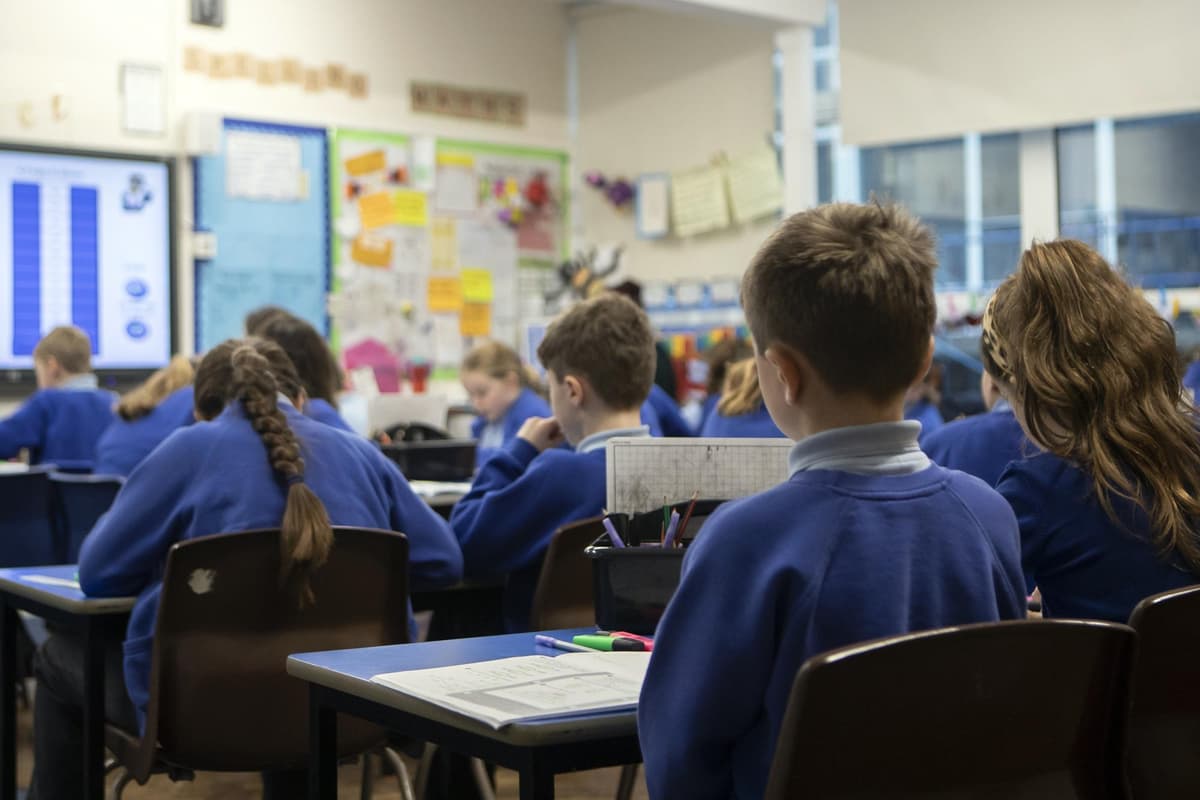Secondary school head teachers have warned that Scotland’s policy of mainstreaming pupils has “not been entirely successful” and is often leading to a “poorer” education for young people.
School Leaders Scotland (SLS) said it remained committed to the principles behind the policy of inclusion, and that they were supported “almost universally” by staff, but that it was a “promise that we can’t keep due to resourcing levels”.
And the body raised concerns that increasing numbers of children with additional support needs (ASN) were being placed in mainstream schools even when it was not deemed appropriate, because there were no spaces left in specialist facilities.
The intervention comes amid reports in Edinburgh that a “significant number” of ASN youngsters are now being refused places in enhanced support learning hubs within schools.
In Scotland, most children are educated in mainstream schools, following a move away from the previous practice of segregating youngsters with disabilities or differences from their peers. Ministers say the policy creates an increasingly “inclusive, empathetic and more just society”.
However, about a third of youngsters in Scottish state schools now have ASN, after the number almost doubled in the past decade.
Amid evidence of teachers struggling to cope with the huge range of needs they encounter, Holyrood’s education committee is holding an inquiry into ASN provision.
In written evidence, SLS said: “From the perspective of a members in secondary schools the presumption of mainstreaming has not been entirely successful. The principle of the policy is hard to argue against. However, the implementation is problematic if not resourced. Unfortunately, it also means that we are held to policy which is, more often than not, unattainable under current resourcing/structures/constraints.”
SLS, which represents secondary school head teachers, deputes and principal teachers, said school leaders were often left to try and make provision work by “being creative”.


